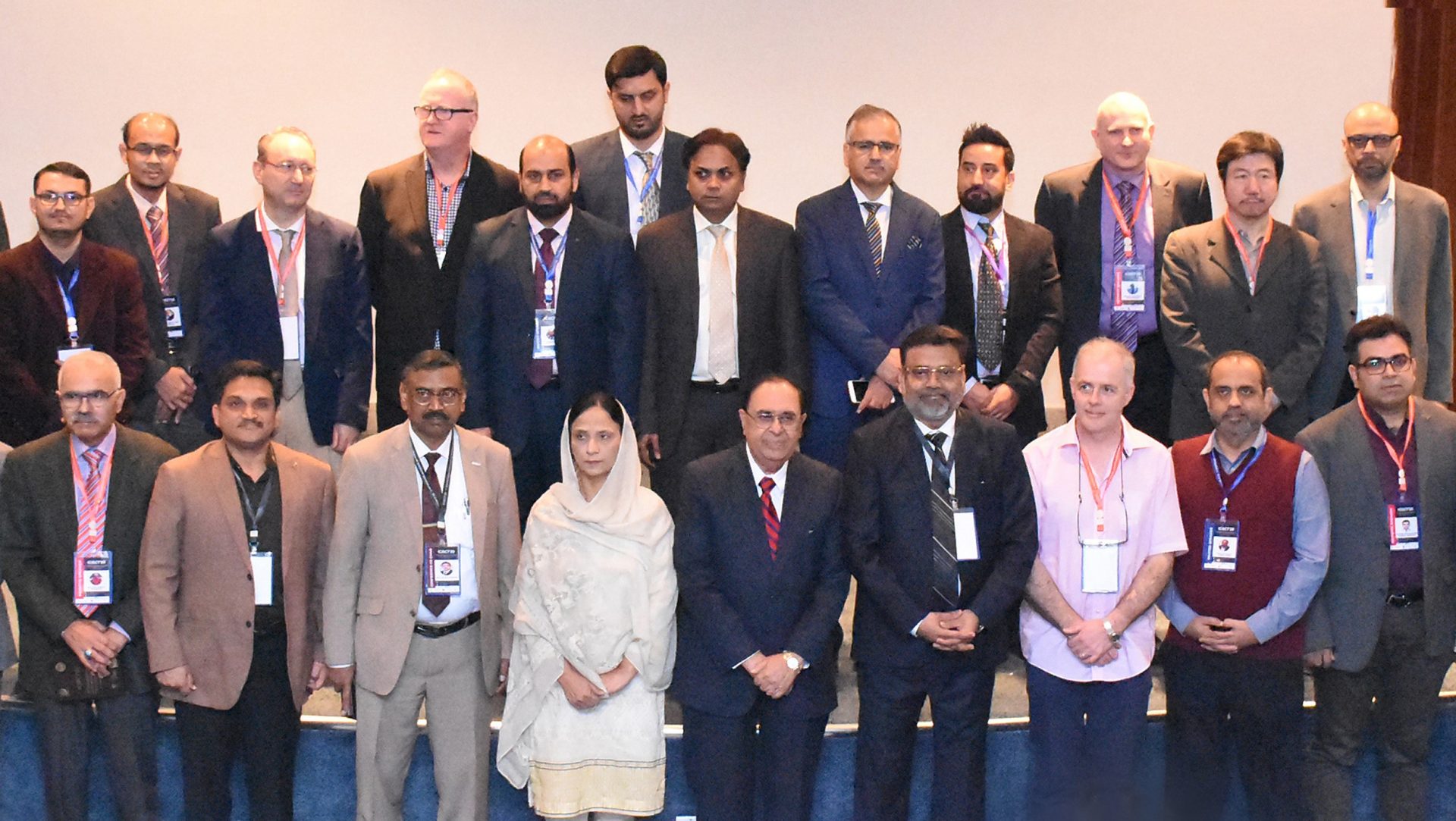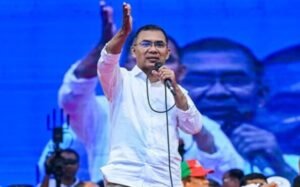Pakistan needs knowledge driven economy, urges Professor Dr Atta ur Rahman

Pakistan is presently tapped in the natural resource-based economy and to emerge as a strong nation we need to make education, science, technology, innovation and entrepreneurship the key drivers of socio-economic development.
By 2025, 12 disruptive technologies would make an impact around the world and it is suggested that they would generate revenue of around $100 trillion. The local experts should focus on advanced robotics, autonomous and near-autonomous vehicles, next-generation genomics, energy storage, mobile internet, automation of knowledge work, internet of things, cloud, 3D printing, advanced materials, advanced oil and gas exploration and recovery and renewable energy to become a part of that gigantic global economic output.
These views were expressed by the Chairman of Prime Minister’s National Task Force on Science and Technology Professor Dr Atta-ur-Rahman on Saturday. He was the chief guest at the opening session of the two-day long second International Conference on Information Science and Communication Technology.
The ICISCT 20’ was organized by the Department of Computer Science University of Karachi, at the Professor Salimuzzaman Auditorium, Hussain Ebrahim Jamal Research Institute of Chemistry, KU.
He informed the audience that the Pakistani government would spend around Rs 50 billion in areas such as Artificial Intelligence, IoT, big data, cybersecurity and related technologies. He shared that all government software contracts would only go to local companies to boost local business and special technology zones would be established.
“Knowledge is now the main driving force of world economics and Singapore which is only 865 square kilometers in size with five million population has exports of around $330 billion and it focuses on human resources and high tech exports.”
Meanwhile, the guest of honor, member of the national assembly Dr Syeda Shahida Rehmani, said that information technology is changing the world.
“It is influencing the way we think, the way we behave and the way we do our tasks, which is why the tools offered information and communication technology should be studied and adapted as soon as possible and as efficiently as possible. So that we, as a country, can keep up our pace with the rest of the world.”
She said that only a very small percent graduated from university with a bachelor’s degree. This puts a heavy responsibility on the educated person to play a positive role in the economy and overall productivity of the country.
Furthermore, number of scholars presented their research papers besides technical talks by the experts.







